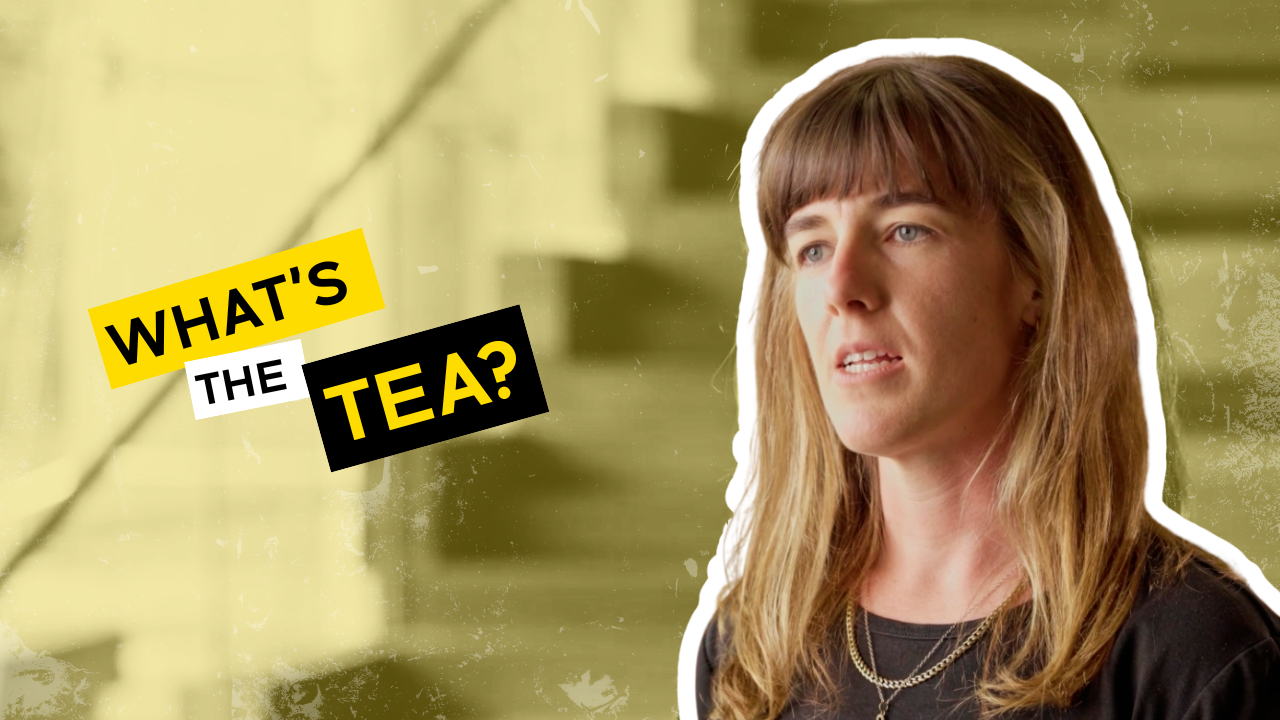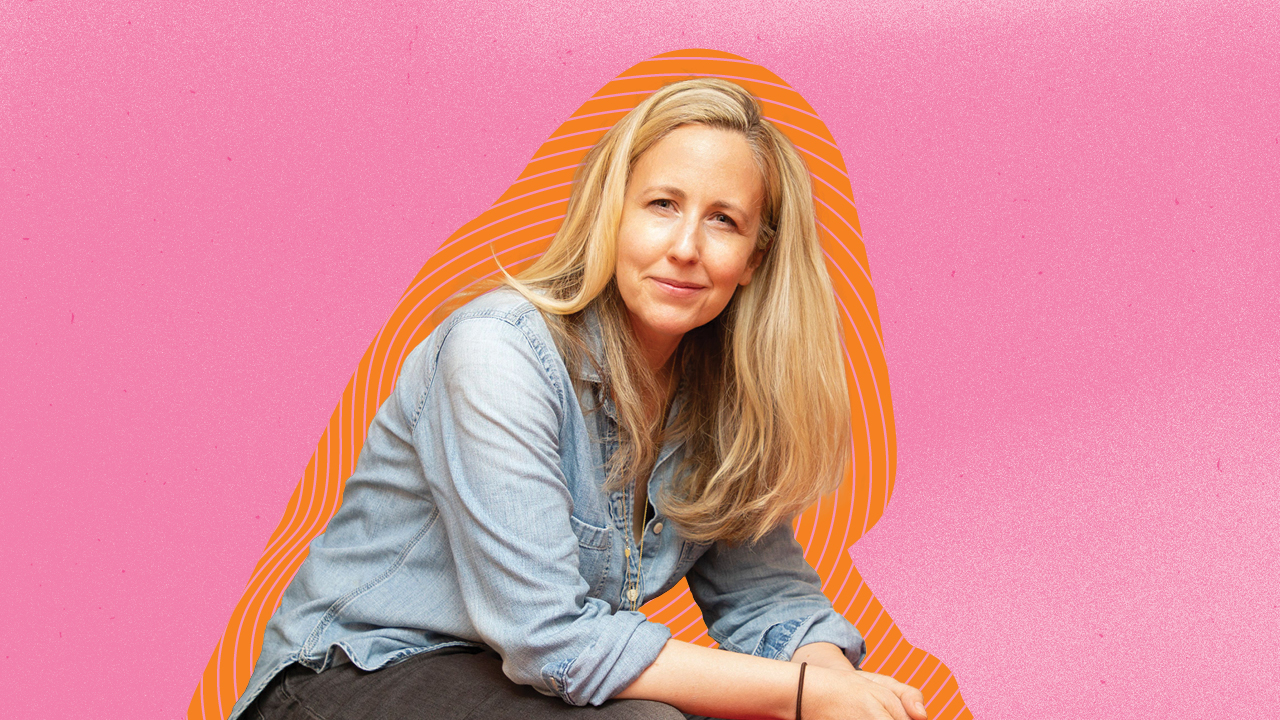UNSOMNIA: Short Talks for Restless Minds

Tackling the issues that keep us up at night and imagining the inconceivable. To celebrate the 70th anniversary of UNSW Sydney, UNSW researchers had ten minutes each to explain what life we'll be living another 70 years from now.
Each talk is preceded by a conversation between the speaker and UNSW Scientia Professor Rob Brooks.
These podcasts are part of UNSOMNIA: a series of short talks for restless minds, co-hosted by UNSW's Grand Challenges Program and the UNSW Centre for Ideas.
Dr Michael Richardson | Technology, truth and testimony
Picture a world where war is fought only by machines, and technology is the only witness of injustice and atrocity. Could drones become the last moral guardians, the eyes of truth that hold people and countries to account?
Adriana Vergés | Underwater forests
Pollution, warm water and fishing all threaten our oceans, but when we give nature a helping hand, its ability to help itself can be remarkable.
Lucas Lixinski | Post-apocalyptic cultural heritage
The destruction of our cultural heritage, and our shared humanity embedded within, might not be inevitable if we rethink our relationship with culture.
Emma A Jane | The matrix of sex and gender
"The mind-bending science of sex shows that in the future we are likely to live in a world where there are either multiple sex and gender categories – or, preferably, none."
James Halsted | A world without pharmaceuticals
In the future, diseases must be fought without drugs and pharmaceuticals. Can we achieve this by harnessing the cells that make up our bodies?
Associate Professor Adrienne Torda | In the age of AI, doctors are better at being human
We each have personalised genome analysis at birth, and now robot doctors perform our operations. So, do we even need human doctors? Or will they need to b even MORE human?
Dr Vera Roshchina | Everyone is a mathematician
Imagine a future where everyone gets to truly experience maths. One where we can lift formulae off the page and turn them into patterns and shapes that we can see, feel, touch and interact with. One day, could we all be mathematicians?
Dr Jordana McLoone | Childhood Cancer - thriving not just surviving
In 70 years ALL children diagnosed with cancer will survive. But while their lives will be saved, how can we make sure we limit the side effects of treatment? How can we make sure they thrive, not just survive?
Professor Stuart Khan | Sewage science to save our cities
If we're going to survive the next 70 years, the human race needs new sources of sustainable energy and clean water. Could sewage be the answer?
Dr Rebecca Green | Futuristic hieroglyphics
As we spend more time in digital and virtual worlds, our need for written or typed text could disappear. In 70 years could we all be communicating in a new language of hieroglyphics, symbols and pictures?
Dr Katharine Kemp | Rebuilding data privacy from the ground up
Big data has fundamentally altered our laws, freedom and democracy. Is there anywhere in the real and virtual worlds where we aren’t being watched, and anything we can do keep our private lives private?
Dr Siobhan O'Sullivan | Lab-grown steak to save pygmy possums
Humans and farm animals have taken over the planet and pushed other species to the brink of extinction. Could lab-grown meat help build the diverse and thriving planet of our future?



